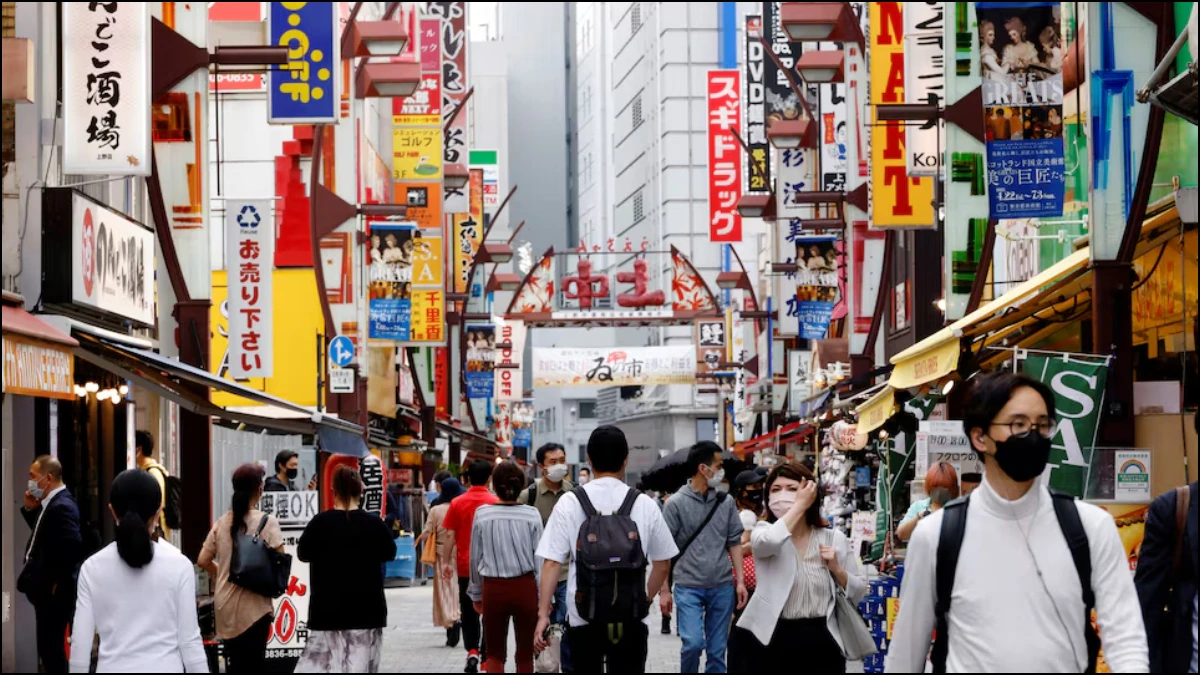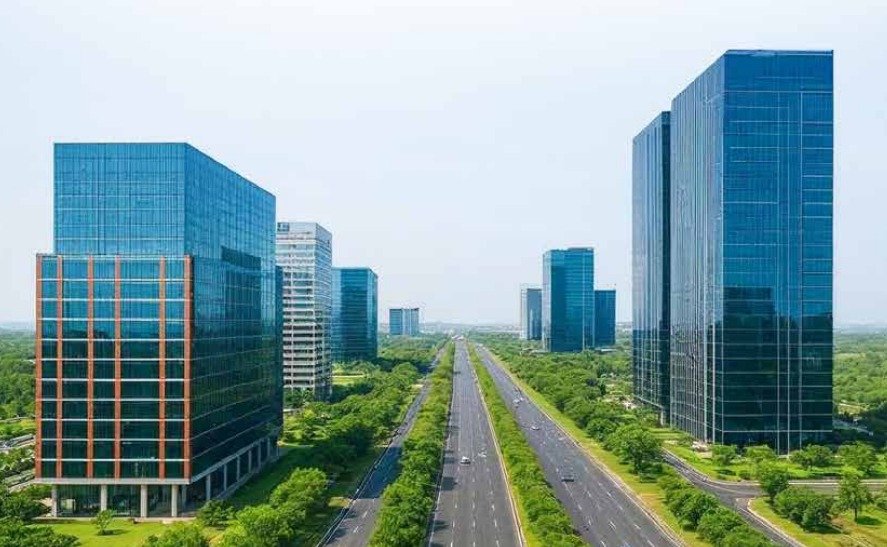Green Card Holders Face Revocation Under Stricter US Immigration Policy
In a major policy shift, the United States has reinforced its stance on national security by warning that green cards, visas, and even naturalized citizenships may be revoked if individuals are found to support terrorism or promote violence.
The updated directive, part of the “Catch-And-Revoke” enforcement policy, was announced by U.S. Citizenship and Immigration Services (USCIS) through official social media posts earlier this week.
“Living in the U.S. as a lawful permanent resident is not a right, but a privilege,” the agency reiterated in a message dated June 25, 2025. “Any form of support for terrorism or violence directly violates that privilege and will lead to immediate legal consequences.”
Continuous Background Checks Now the Norm
The USCIS and Department of Homeland Security (DHS) have launched a new system of continuous background screening of all green card holders and visa applicants. The change aims to proactively detect and respond to threats, even long after initial approval has been granted.
“The world has changed, and so must our vigilance,” said DHS Deputy Secretary Amanda Keane. “Security doesn’t stop at the border—it’s an ongoing commitment.”
The new measures mean legal residents could face deportation or revocation of status without the lengthy appeals process once available for minor legal infractions. Cases involving violent rhetoric, financial support to flagged organizations, or criminal activity will be fast-tracked under the Catch-And-Revoke policy.
Concerns Among Immigrant Communities
The move has sparked anxiety within immigrant communities, especially among those with family and professional ties deeply rooted in the U.S.
“People are suddenly worried that even unintentional actions or associations could be misinterpreted,” said Naveen Malhotra, an immigration attorney based in Chicago. “There’s a lack of clarity about what exactly qualifies as a ‘violation,’ and that uncertainty is unsettling.”
As of January 1, 2024, approximately 12.8 million individuals held green cards, a significant portion of whom are of Indian, Mexican, Chinese, and Filipino origin.
Policy faces criticism for impact on skilled workforce: While officials argue that the changes are necessary for national security, critics warn the policy could unintentionally deter highly skilled immigrants from coming to the U.S.
“Talent goes where it feels secure,” said Dr. Sarah Mendoza, a policy analyst at the Global Mobility Institute. “This move might make engineers, doctors, and researchers reconsider their options in countries with more stable immigration protections.”
She added, “America must find a way to balance vigilance with fairness. Otherwise, we risk harming our own innovation pipeline.”
Final Word
USCIS officials emphasized that the new guidelines are not meant to target law-abiding immigrants, but rather to ensure that all residents actively contribute to the safety and betterment of the nation.
“Compliance with U.S. law is not negotiable,” said Immigration Enforcement Director Colton Reyes. “Our duty is to uphold the values of this nation, and that begins with ensuring those who live here also believe in them.”
FAQs
Q: Can the U.S. really revoke a green card or visa after it’s been issued?
A: Yes. Under the new Catch-And-Revoke policy, legal status can be rescinded if the holder is found violating U.S. laws, especially in matters of national security or public safety.
Q: What does ‘continuous screening’ mean?
A: It refers to an ongoing process where immigration authorities regularly monitor the legal and social behavior of green card holders and visa recipients.
Q: Does this affect naturalized citizens too?
A: In rare and severe cases, naturalized citizenship may be revoked if it was obtained fraudulently or if the individual engages in acts of terrorism or treason.











